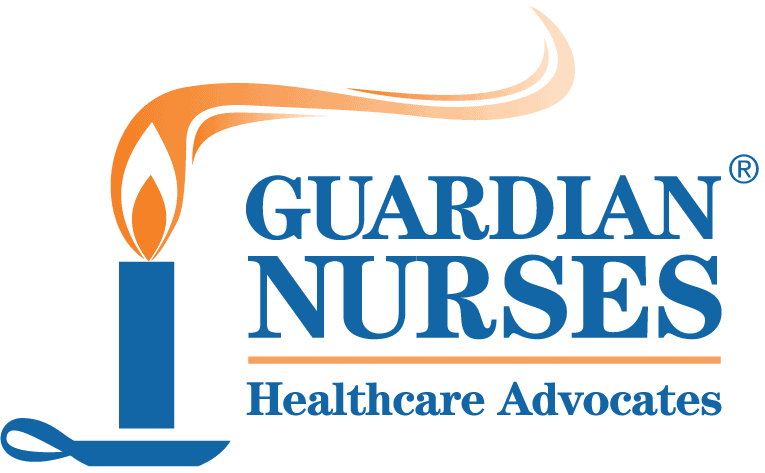Not even a pandemic can stop the Medicare Open Enrollment Period!
As many of our friends, neighbors and colleagues prepare to enter their “golden years,” their dreams of retirement are likely interrupted by nightmares of turning 65 and having to sign up for Medicare.
Having to evaluate any health insurance plan can be reason to avoid dealing with it, but the addition of governmental bureaucracy may be enough to baffle the most savvy consumer.
Because Medicare’s open enrollment runs October 15th through December 7th, this issue of The Flame offers some basic information for those among us who are beginning to explore Medicare plans. If you don’t need yet to sign up for Medicare, count your blessings, but feel free to share this email with a friend!
— Betty
Medicare 101
- Medicare Part A covers inpatient care, skilled nursing facilities, hospice and home health care.
- Medicare Part B covers outpatient care–including physician services, durable medical equipment and drugs given in a clinical setting (like chemo). Part B does have a premium associated with it. You must have Part B once you retire or lose your group coverage—otherwise you’ll suffer a penalty.
- Medicare Part C is a Medicare Advantage Plan that you can purchase from a Medicare approved private insurance company and have in place in lieu of traditional Medicare Parts A and B. It will have a premium associated with it; it may or may not include prescription drug coverage; and, even if you chose it, you still must pay your Part B premium and any income adjustments, no matter what.
- Medicare Part D is prescription drug coverage purchased from Medicare approved private insurance companies and will have an associated premium.
- Medigap/Supplemental policies can be purchased from private insurance companies. These have an associated premium and “wrap around” traditional Medicare Parts A and B, providing a benefit beyond what Medicare pays.
I’m already covered by Medicare, do I need to change anything?
It depends. The only way to be sure is to dedicate some time and attention to the process. There are several areas to focus on which can necessitate a change in your coverage:
- Your health status and the panel of medications you take may have changed over the past year. The options you chose last year may not suit your needs now. Based on your health, a more comprehensive and/or cost-effective plan may be available.
- The plan you are currently enrolled in may have changed.
- Pay attention to any plan changes for next year. The deductible, covered services, out-of-pocket maximum, co-pays & co-insurance levels for specific services may be different.
- For Medicare Part D Prescription Drug Plans, a prescription drug that was covered may be no longer. Or, that same drug may be available but cost more. In some cases, changing pharmacies may save you hundreds of dollars from last year.
Which plan options are best for me?
As you consider any health insurance plan, it’s important to think through your needs. AARP suggests considering these questions when you’re “shopping:”
What is your level of satisfaction with your current plan?
- Does the plan(s) you are considering allow you to see the physicians you want, go to your hospital of choice if the need arises, and obtain the prescriptions you need from your preferred pharmacy?
- Does the plan(s) you are considering require you to obtain referrals for specialist care or to stay within a specific network of doctors?
If you go outside the network, what are the coverage levels? - Are you staying put at your permanent residence for the upcoming year or is this the year you plan to spend the winter in a warmer climate?
- What is the cost for your current combination of products, including healthcare services and prescription drugs? In your analysis, make sure to include premium amounts for any product you have AND any out-of-pocket cost for deductibles, co-pays, co-insurance amounts or out-of-network costs.
- What is your utilization of healthcare in general; do you have any elective surgery or complex treatment coming up?
- What are your specific medications, at which dosages and intervals? Consider any changes that may have occurred over the past year.
- Have you received any notice in the mail called a Plan Annual Notice of Change, regarding product changes coming in the next year (this may affect levels of coverage, cost, or both)?
Do you have a spouse or dependent children who require coverage? - What is the out-of-pocket maximum on your plans and, based on that, the financial risk you are carrying in the event you were to incur astronomically high healthcare-related costs?
- What is the level of financial risk you are willing to take?
These questions can help guide you to a decision, and there is plenty more information on the Medicare website, but if you do need additional support, Guardian Nurses can help. Happy “shopping!”
